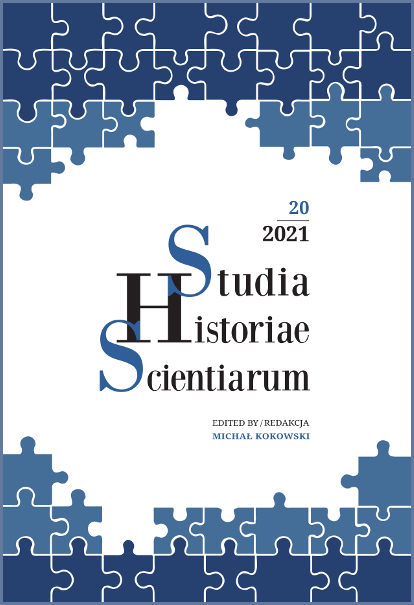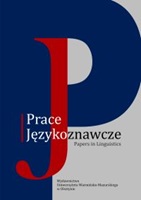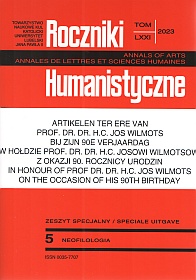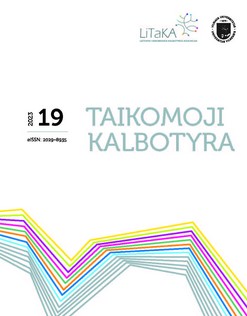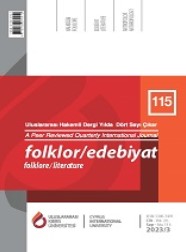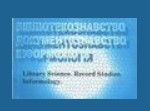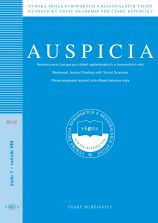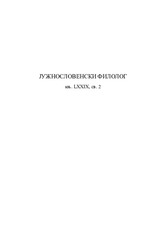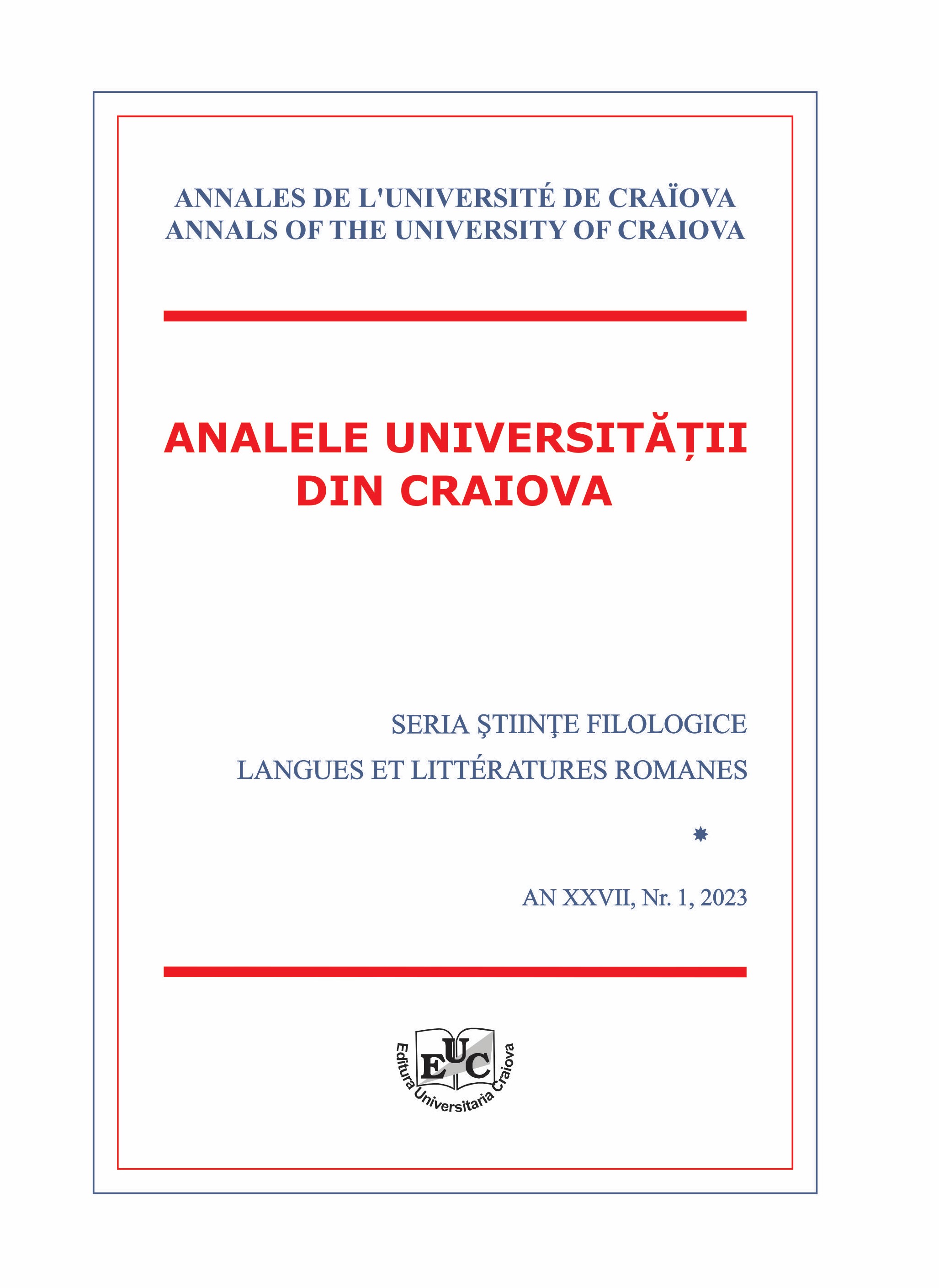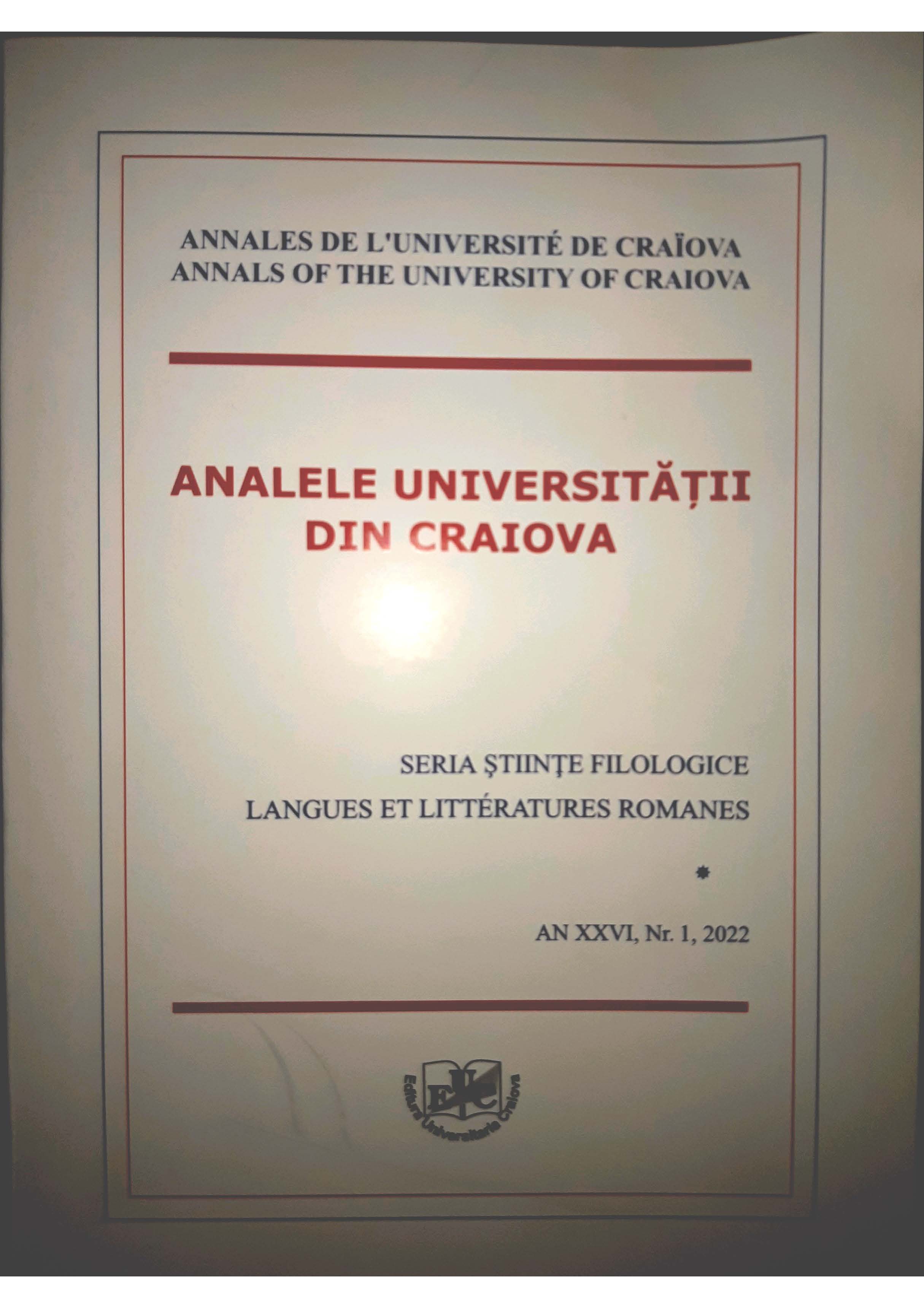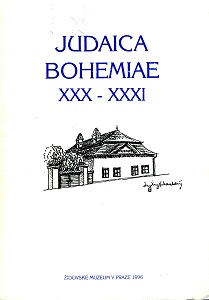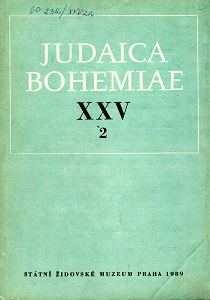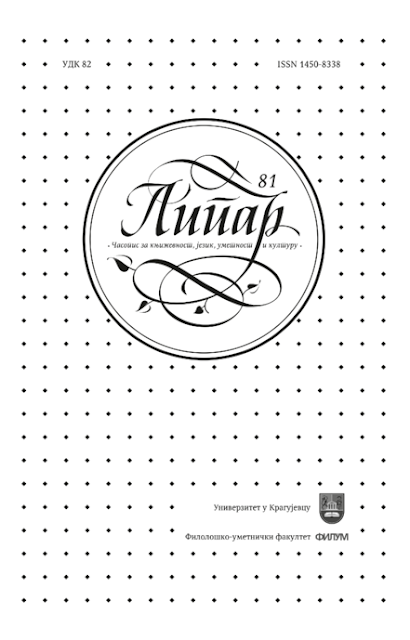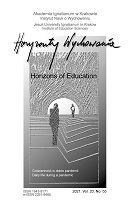
Internetowa porada psychologiczna – perspektywa językoznawcza
RESEARCH OBJECTIVE: The aim of this paper is to analyze the psychological counseling posted on the educational portal Librus Family from a linguistic perspective. THE RESEARCH PROBLEM AND METHODS: The research problem is to define the thematic scope of online psychological counselling: analyze its formal structure, the applied transmission reception strategies and linguistic mechanisms, with particular emphasis put on lexical and syn tactic phenomena. The methods used for research included stylistic research, critical discourse analysis and linguistic genology. THE PROCESS OF ARGUMENTATION: The article indicates the increasing role of electronic media in the process of upbringing, presents the causes and consequences of this phenomenon. The analytical part focuses on the discussion of the internal architecture of Internet counselling texts with the indication of the linguistic mechanisms characteristic for them. RESEARCH RESULTS: As a result of the analyses, it was found that the thematic scope of online psychological counseling relates to important problems troubling parents (depression, school phobias, speech disorders, child emotions). The internal structure of the online advice consists of seven components, the linguistic formulation of statements is typical for the popular science style, which significantly facilitates the perception of specialized content by parents. CONCLUSIONS, INNOVATIONS, AND RECOMMENDATIONS: Professional psychological counselling on a public educational portal is an important support for parents and can improve their parenting skills. It also completes the existing support offered by traditional educational institutions.
More...
